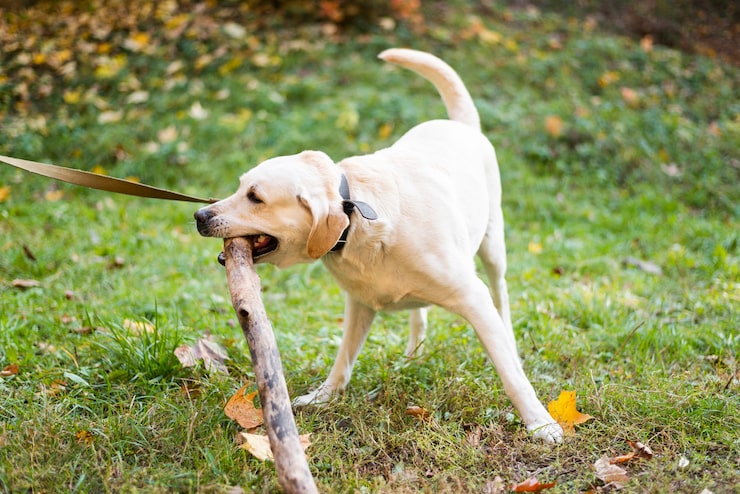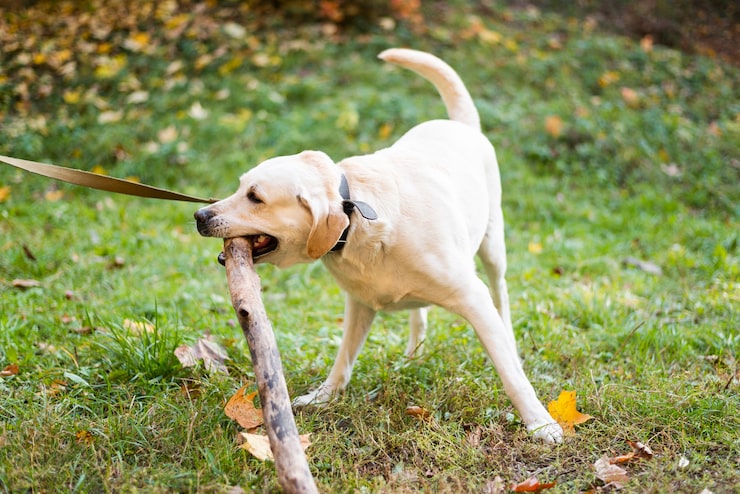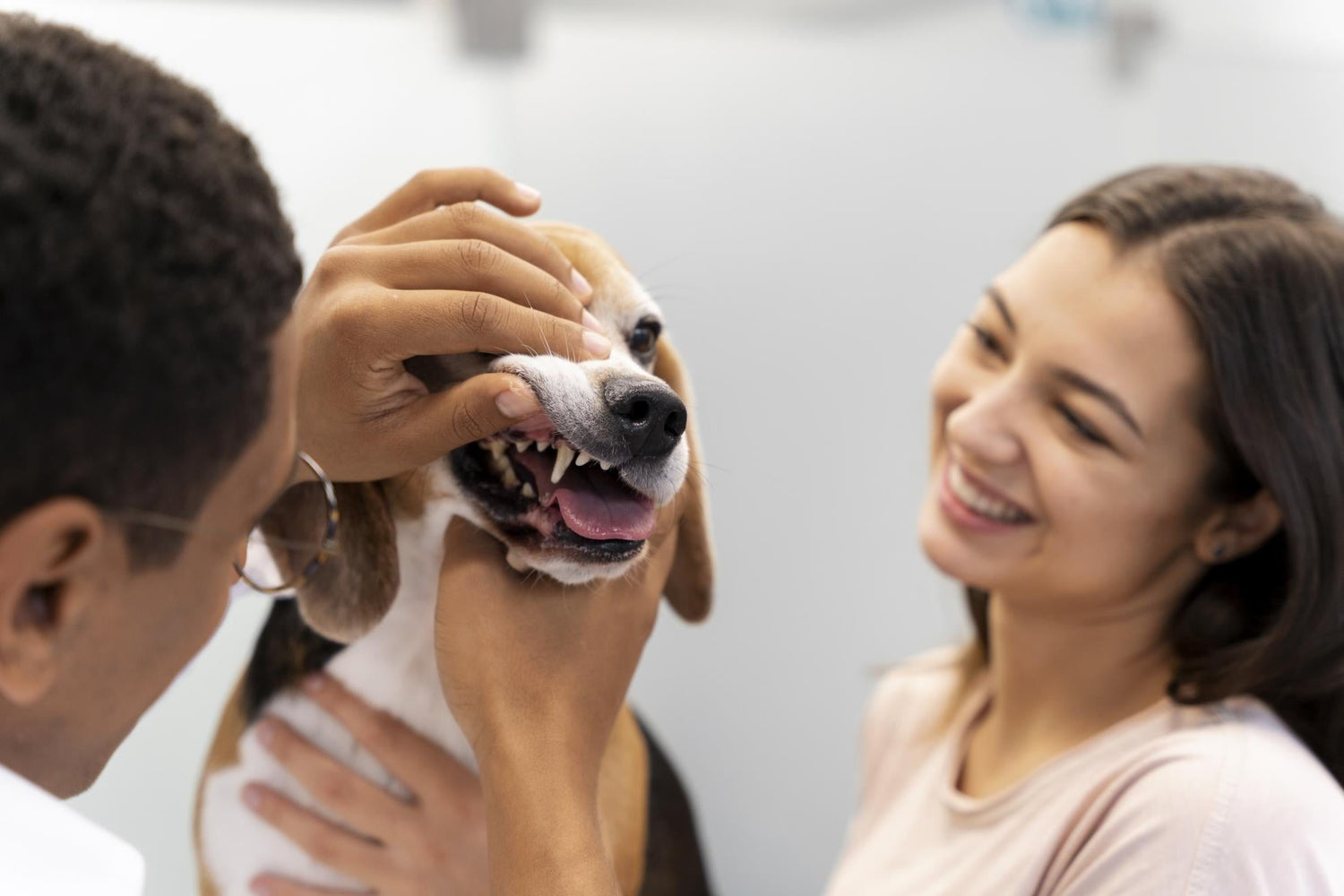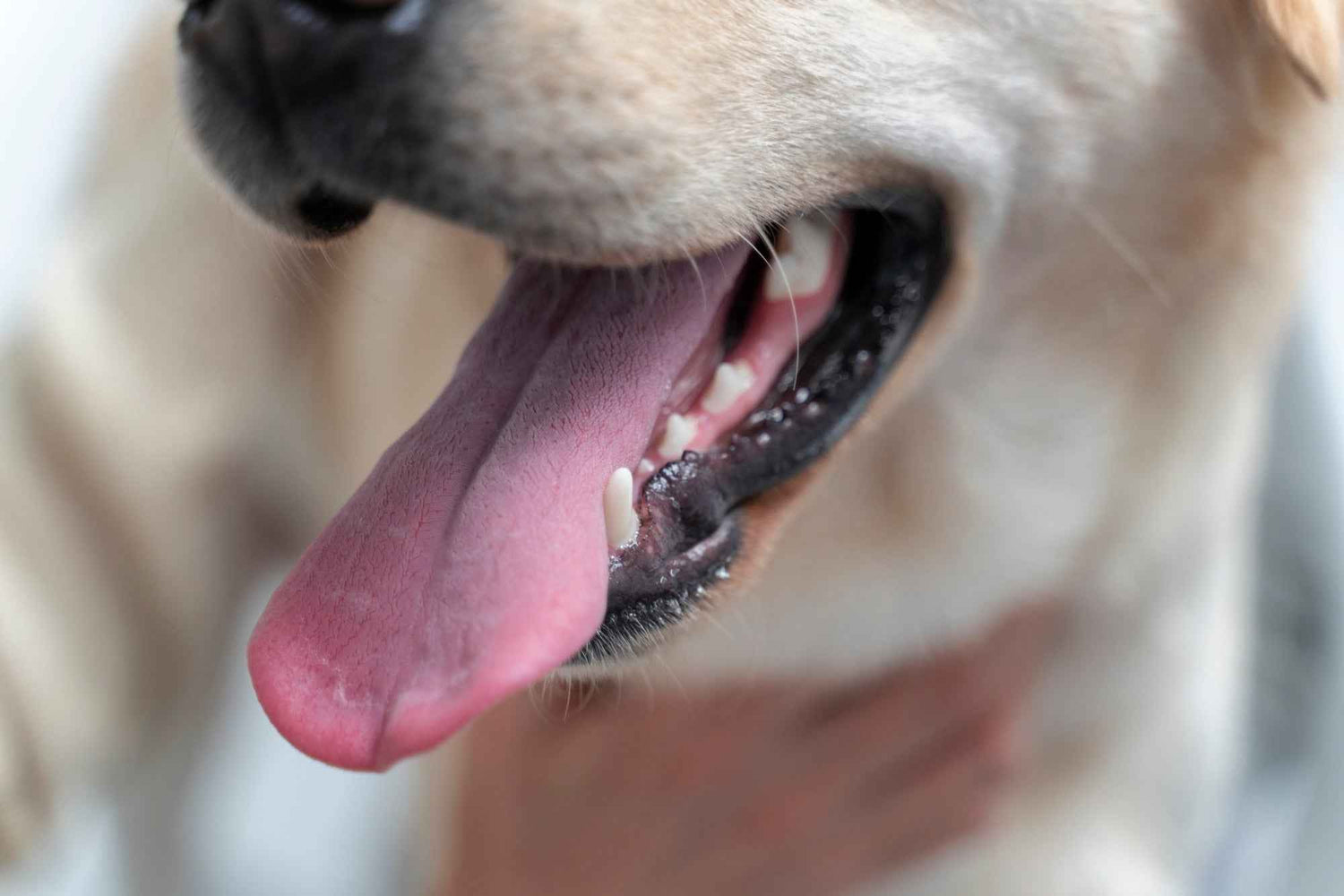Effective Tips to Stop Dog Eating Sticks and Keep Your Pup Happy
Are you struggling with how to stop dog eating sticks? If you're like many dog owners, you’ve witnessed your furry companion munching away at sticks in the park or backyard. While chewing is a natural behavior for dogs, you might worry about the dangers it poses to their health.
In this comprehensive guide, we will explore various innovative and effective tips and solutions to help you address this issue. From distraction techniques to safe alternatives, we’ll cover everything you need to know.
Understanding Why Dogs Eat Sticks
First, it’s essential to understand the reasons behind your dog's fixation on sticks. Dogs often chew on sticks because:
- They find it entertaining and enjoy the texture.
- It satisfies their instinctual need to chew, especially during teething phases.
- They may be bored and looking for something to stimulate their curiosity.
- They are exploring their environment and engaging in natural behaviors.
Understanding these motivations can help you develop a more effective plan to redirect their behavior. Let's look at some actionable strategies to curb this unwanted habit.
Effective Strategies to Stop Dogs from Eating Sticks
Here are some practical tips to stop dog eating sticks:
1. Provide Chew Toys
The most straightforward method to deter your dog from eating sticks is to provide them with appropriate chew toys. Invest in a variety of textures and types, such as rubber, rope, or plush toys. This will not only satisfy their need for chewing but also help maintain dental hygiene.
2. Increase Exercise and Enrichment
A tired dog is less likely to engage in reckless behavior like chewing on sticks. Ensure that your pet gets plenty of physical exercise and mental stimulation through:
- Daily walks and playtime in the yard.
- Interactive toys that challenge their problem-solving skills.
- Engaging in training sessions to keep their mind sharp.
By enhancing your dog’s overall enrichment, they may lose interest in sticks and focus on more appropriate activities.
3. Positive Reinforcement Training
Consider incorporating positive reinforcement training techniques to teach your dog the behaviors you want. Whenever they choose to play with their toys instead of sticks, reward them with treats or praise. This reinforces the message that toys are the better option.
4. Remove Access to Sticks
When you’re out for walks or playing in the yard, keep an eye on your dog and remove sticks from their reach. Redirect their attention to a toy or other engaging activity whenever you notice them sniffing around for sticks.
Health Risks of Eating Sticks
Understanding the potential health issues associated with stick chewing can motivate you to take action. Some risks include:
- Choking Hazards: Small sticks can easily get wedged in a dog’s throat, posing a significant choking danger.
- Gastrointestinal Blockages: Ingesting large pieces can lead to blockages that require surgical intervention.
- Mouth Injuries: Splinters can cause cuts or infections in the mouth, requiring veterinary attention.
- Dental Damage: Chewing hard sticks can result in fractured teeth or other dental problems.
Taking measures to stop your dog from eating sticks is not just about curbing their behavior; it’s also about protecting their health and wellbeing.
Alternative Activities to Divert Their Attention
If you want to stop dog eating sticks effectively, offering varied activities can help redirect their focus. Here are some suggestions:
- Fetch: Use balls or frisbees for a game of fetch. This engages your dog’s natural instincts and provides plenty of exercise.
- Agility Training: Set up a small agility course in your backyard that challenges your dog while keeping their interest piqued.
- Hide and Seek: This fun game builds their listening skills and offers mental stimulation.
- Interactive Puzzle Toys: These require dogs to solve problems to receive rewards, keeping their minds busy.
Introducing these activities can help replace the habit of stick chewing with positive behaviors.
When to Seek Professional Help
In some cases, persistent stick-eating may indicate anxiety or behavioral issues. If you’ve tried various methods without success, consider seeking help from a professional dog trainer or a veterinarian. They can provide tailored advice and support to help you address the issue effectively.
The Benefits of Stopping Stick Chewing
By taking action to stop dog eating sticks, you not only protect your furry friend but also promote a safer, healthier lifestyle for them. Benefits include:
- Prevention of Health Risks: Reducing stick chewing lowers the chances of choking, injuries, and gastrointestinal issues.
- Improved Dental Hygiene: Chew toys provide a safer option for maintaining oral health.
- Strengthened Bond: Engaging in alternative activities enhances the bond between you and your dog.
- Increased Happiness: Overall, a happy, content dog is less likely to engage in harmful behaviors.
With commitment and consistency, you can effectively stop your dog from eating sticks and improve their quality of life.
Get Started Today!
Now that you are equipped with these valuable tools and insights, it's time to act! Implement these strategies to stop dog eating sticks and promote healthier behaviors. Your dog's safety, happiness, and well-being are worth the effort.
Transform your dog's playtime experience today – they deserve it!




